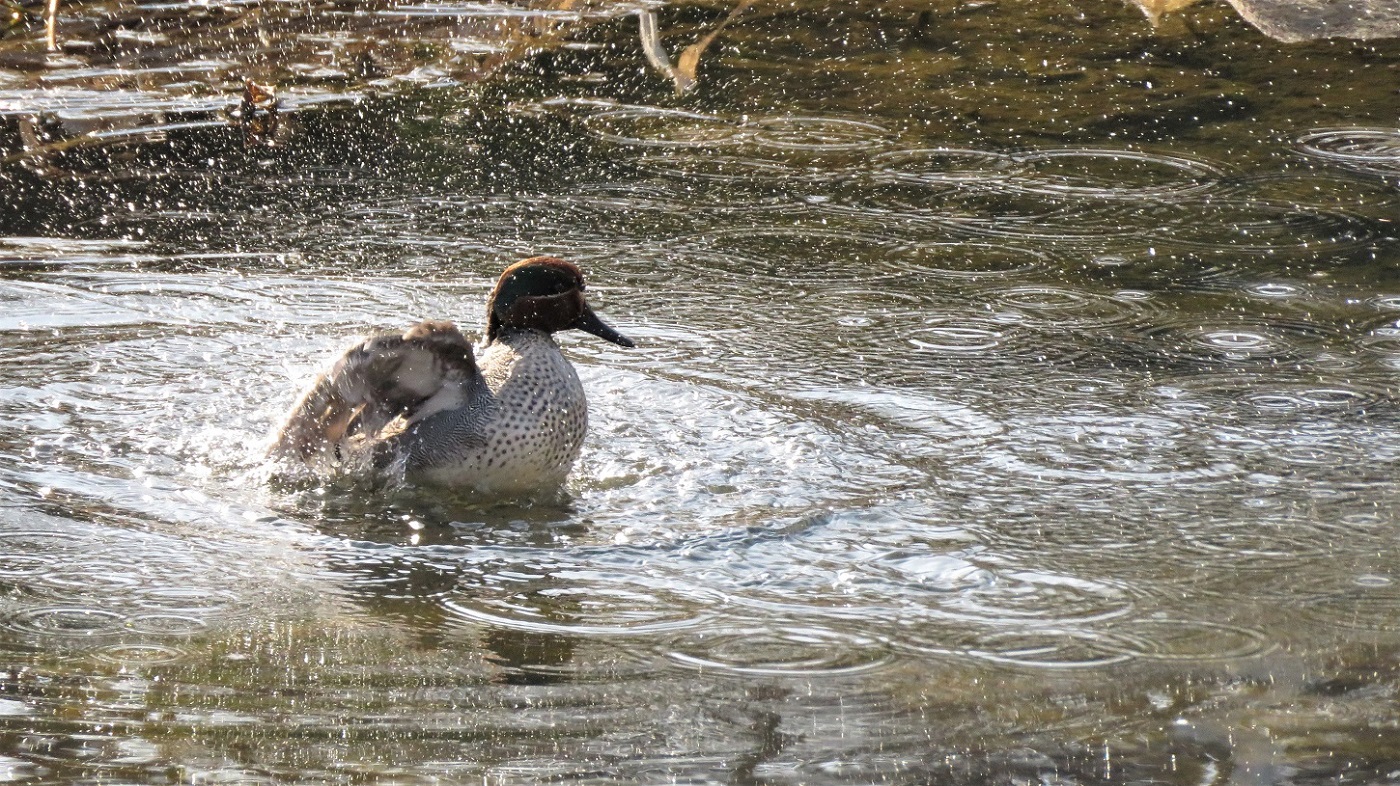Reflections on Three Private Activities: Talking, Writing, Reading
A student asks me what I make of the fact that she often talks to herself while walking, either repeating words she has recently said to someone or imagining what she would say in situations yet to come. My reply: I talk to myself while walking all the time. Sometimes I suddenly catch myself talking a bit too audibly, or with too much...









